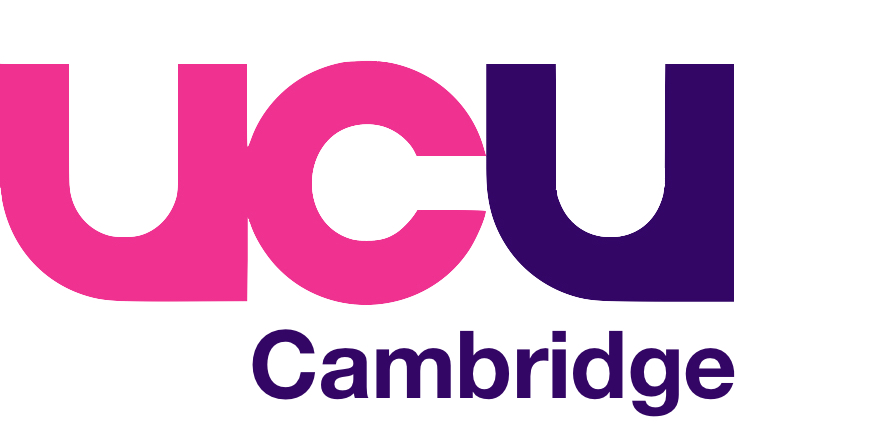The JNC decision
After very extended discussions over several months, the USS Joint Negotiating Committee (JNC) on Thursday decided upon an outcome for the 2018 valuation. As with negotiations concerning the 2017 valuation of USS, no agreement was possible between the Universities UK negotiators representing scheme employers and the UCU negotiators representing scheme members, so the casting vote of the independent chair was required for a decision to be reached.
Also as with the 2017 valuation, the chair voted in favour of the Universities UK proposal. As a result, the 2018 valuation will be concluded and the contribution increases scheduled for October this year and April 2020 will be replaced by a smaller increase in October only, to 9.6% of salary for USS members and 21.1% for employers. These rates will be maintained until at least October 2021. At that point, it is hoped – but not guaranteed – that a valuation dated to March 31 2020 will result in a settled arrangement of contributions and benefits on the basis of a revised valuation method. If this does not happen, however, the contribution rate at that date will increase sharply, to 11% for USS members and 23.7% for employers.
The Impact on Staff
This decision falls a considerable distance short of what UCU’s negotiators demanded for USS members. The contribution rate for the two years from October represents a 20% increase in the member contribution rate in comparison to the pre-April status quo, while the loss of the employer match from April was already equivalent to a 1% pay cut for those taking the match. While defined benefits have been preserved unmodified – an outcome inconceivable without the 2018 industrial action – USS members will in effect have suffered a gross pay cut of 2.6% between 31 March and 1 October this year. When combined with this year’s 1.8% sub-inflationary pay award, this settlement leaves staff dealing with a 4% real-terms pay cut (based on RPI). This comes on top of many years of sub-inflationary pay awards.
The settlement also fails to address the problems with the USS valuation methodology or the governance issues which have come to light since late 2017. The employers’ view is that “while the contributions increases are in themselves undesirable, they are reflective of the challenges currently faced by all schemes and are not out of the ordinary given the present regulatory environment”, and that the valuation method could only be revised given more time than was available for the 2018 valuation. In contrast, the view of the UCU negotiators is that the UUK proposal effectively condones the approach to USS which has done so much harm to the pre-1992 sector and its staff over the past decade, while adding insult to injury by making members bear a large proportion of its costs.
Spin from UUK
Now that this round of negotiations has concluded, USS employers are trying to depict UCU as unwilling to compromise, because the union rejected a proposal that would have USS members’ pension contributions increasing to 9.1% instead of 9.6%. On the face of it this might look like a good way to reduce member contributions in the short term, but this was a cynical offer that appears designed to be unacceptable. The slightly smaller contribution increase came at the expense of UCU agreeing not to strike on pensions for two years – a period that includes the 2020 valuation. This is a crucial time when it is vital that scheme members remain able to pressure employers should the valuation prove to be as problematic as in 2017.
Future Action
It is now certain that there will be an industrial action ballot on USS in the autumn. All UCU members should make sure to return their ballot paper when it arrives next month. There is still time to join UCU to vote in the ballot and help defend USS.
– Cambridge UCU exec
Addendum:
Mike Otsuka has taken issue with our claim that the loss of the 1% DC match, in combination with the increase of 1.6% in employee DB contribution, amounts to a 2.6% cut in nominal gross pay between March and October this year. Mike argues that because employer DB contributions will also have increased by 3.1% of salary by October, the loss of the match is more than offset. This misunderstands our point, which concerns “gross pay” not in the sense of the employer’s total expenditure but in the sense of the employee’s pre-tax remuneration. The latter is what USS members are most likely to care about. Since the 1% DC match was provided in addition to the DB provided under the Retirement Income Builder, the loss of that match is a loss in remuneration even if behind the scenes employers are paying more into USS to fund the DB section and recover the alleged deficit. Since DB benefits have not changed, we think the lost DC benefit should be added to the salary lost through increased member contributions to produce the 2.6% figure.
